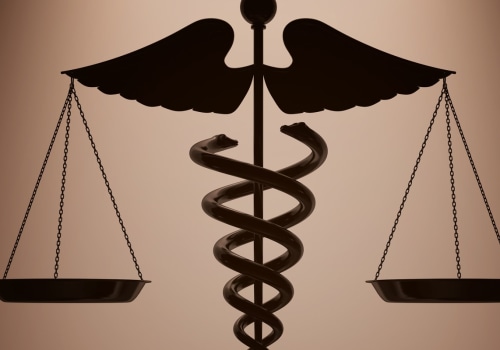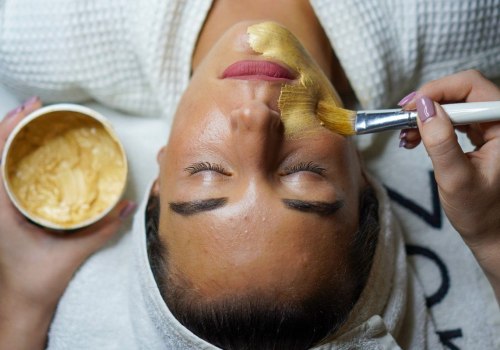Pathology, dermatology and family medicine are often considered relatively less stressful than other medical specialties. Pathology involves the diagnosis of diseases by laboratory analysis of tissues and body fluids such as blood and urine. Many consider this to be an undemanding specialty due to its controllable hours and quiet work environment. Unlike emergency doctors, pathologists do not experience sudden medical emergencies or unpredictable situations.
In addition, residency (postgraduate medical training) in this field only takes 4 years. However, it is a field rooted in academics and research, so those who don't like paperwork and scientific study may find this specialty challenging. Radiology is similar to pathology in that it focuses on diagnostics and analysis. However, in the case of radiology, diagnosis and treatment involve the use of X-rays and other imaging technologies.
The main function of the radiologist is to interpret medical images and detect suspicious cells and abnormalities in the body. They also check for fractures and dislocations of bones. Ophthalmology specializes in eye care. This branch of medicine requires a 3-year residency.
The work of an ophthalmologist includes basic eye care, prescribing glasses and contact lenses, and providing medical and surgical eye treatment. Although this specialty involves complex microsurgery, it is not as exhausting as, for example, pancreatectomy and bariatric bypass. The hours you have to devote are also quite reasonable. In addition, the patients you manage in this field are almost never in critical condition, resulting in low stress and pressure in the workplace.
Psychiatry focuses less on medical issues and more on research. This specialty involves the study of human behavioral and mental processes and their associated disorders. To be a psychiatrist, you need to finish a 4-year residency. It is considered a low-stress specialty because the hours are undemanding and the work does not involve surgery or any intense medical procedure.
Instead, psychiatrists talk and listen to patients with mental illness in private one-on-one sessions. Dermatology is a specialty that studies human skin. Dermatologists perform a 3-year residency before becoming professionals. These doctors review and treat skin diseases and disorders ranging from the most serious, such as skin cancer and lupus, to acne and milder moles.
Those who work in dermatology often do not care for patients with life-threatening conditions. As such, stress levels in the workplace are very low. In addition, working hours are stable, giving way to a healthy work-life balance. When asked how they cope with burnout, half of respondents chose to exercise, while 46 percent said they talked to family or close friends, and 42 percent indicated they slept.
Unfortunately, however, some physicians' coping mechanisms were not ideal, with 36 percent claiming they isolate themselves from others, while a third eat junk food and 22 percent drink alcohol. The least stressful medical specialties include pathology, dermatology, family medicine, radiology, ophthalmology and psychiatry. These specialties have reasonable hours that allow for a healthy work-life balance; they do not involve life-threatening conditions; they require four additional years of training; they focus less on medical issues; they involve no intense medical procedures; they involve no shifts on weekends; they involve no sudden medical emergencies; they involve no unpredictable situations; they involve no surgery; they involve no intense paperwork; they involve no long residencies; they involve no complex microsurgery; they involve no burnout; they involve no critical conditions; they involve no heavy workloads; they involve no long hours; they involve no high responsibility; and they involve no high stress levels.






